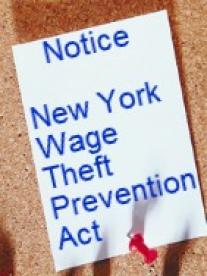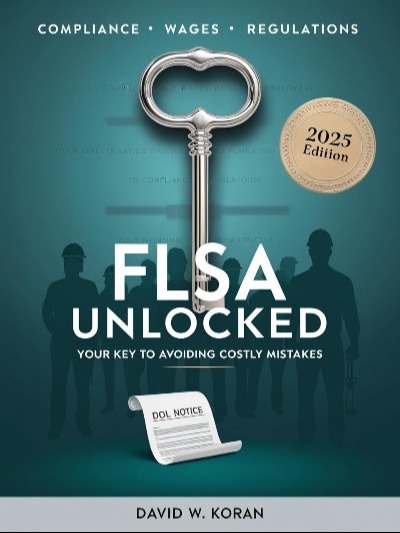 In September 2023, New York State Governor Kathy Hochul signed a groundbreaking amendment to the state’s wage theft law, classifying wage violations as a form of larceny under the penal code. This update, effective immediately, redefines "property" to include unpaid wages and empowers investigators to pursue harsher penalties against non-compliant employers. Building on the Wage Theft Prevention Act of 2017, the law now allows prosecutors to aggregate wage theft across multiple counties into a single larceny count, increasing the likelihood of felony charges when unpaid wages exceed $1,000. With wage theft costing New York nearly $1 billion annually (per Cornell University’s Worker Institute), this legislation—including fines up to $20,000, liquidated damages up to 100% of unpaid wages, and anti-retaliation protections—signals a crackdown on violations.
In September 2023, New York State Governor Kathy Hochul signed a groundbreaking amendment to the state’s wage theft law, classifying wage violations as a form of larceny under the penal code. This update, effective immediately, redefines "property" to include unpaid wages and empowers investigators to pursue harsher penalties against non-compliant employers. Building on the Wage Theft Prevention Act of 2017, the law now allows prosecutors to aggregate wage theft across multiple counties into a single larceny count, increasing the likelihood of felony charges when unpaid wages exceed $1,000. With wage theft costing New York nearly $1 billion annually (per Cornell University’s Worker Institute), this legislation—including fines up to $20,000, liquidated damages up to 100% of unpaid wages, and anti-retaliation protections—signals a crackdown on violations.
The updated law defines wage theft explicitly: “A person obtains property by wage theft when he or she hires a person to perform services and the person performs such services and the person does not pay wages, at the minimum wage rate and overtime, or promised wage, if greater… for work performed.” Examples of minimum wage misclassification lawsuits against New York poultry farms, illegal tip deductions in Oregon yielding $280,000 in back wages, off-the-clock violations in California construction racking up $72,000, and rest break deductions costing employers $23,400. In New York alone, a wage theft collaboration since 2017 has recovered over $2.5 million for 400+ construction workers across 10 criminal cases. FLSA Audit LLC offers tailored solutions to identify and correct such violations—whether it’s inaccurate recordkeeping, misclassification, or failure to pay overtime—before they escalate into costly penalties or lawsuits.
For New York employers, compliance is more critical than ever. The state’s minimum wage varies by region—$15 in New York City, Nassau, Suffolk, and Westchester counties, and $14.20 elsewhere as of late 2023—with exempt salary thresholds exceeding FLSA standards ($58,500 annually in NYC and surrounding counties, $55,341 elsewhere). Large employers don’t intend to commit wage theft, but unintentional errors can still trigger severe consequences under the amended law. From pay transparency to rest break compliance, we help you avoid fines, protect your workforce, and maintain peace of mind in an increasingly stringent legal landscape.

